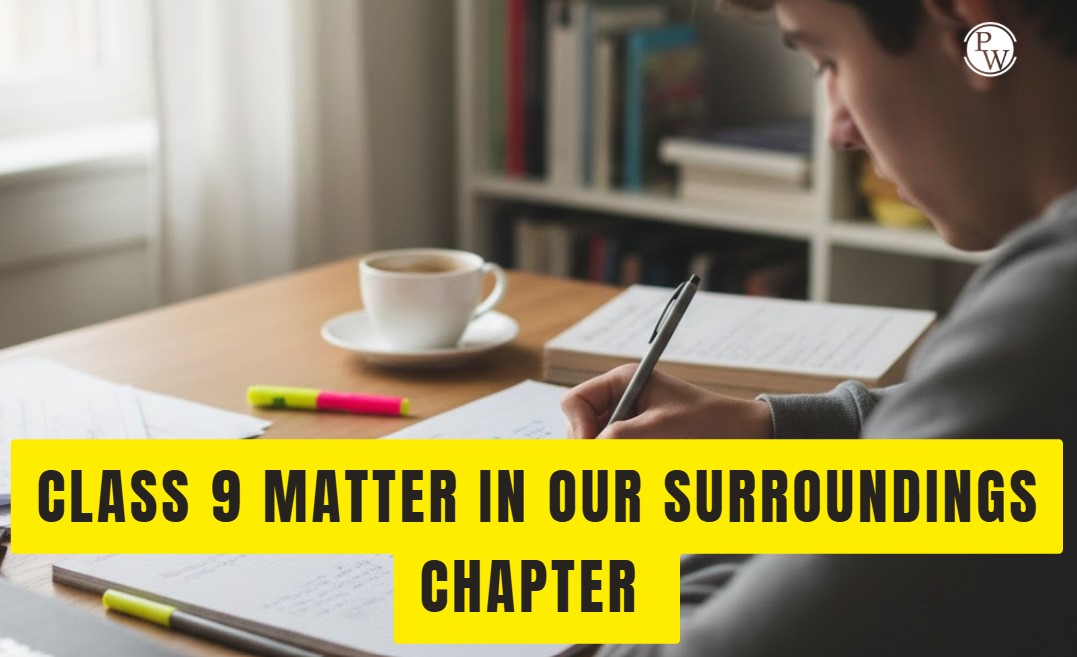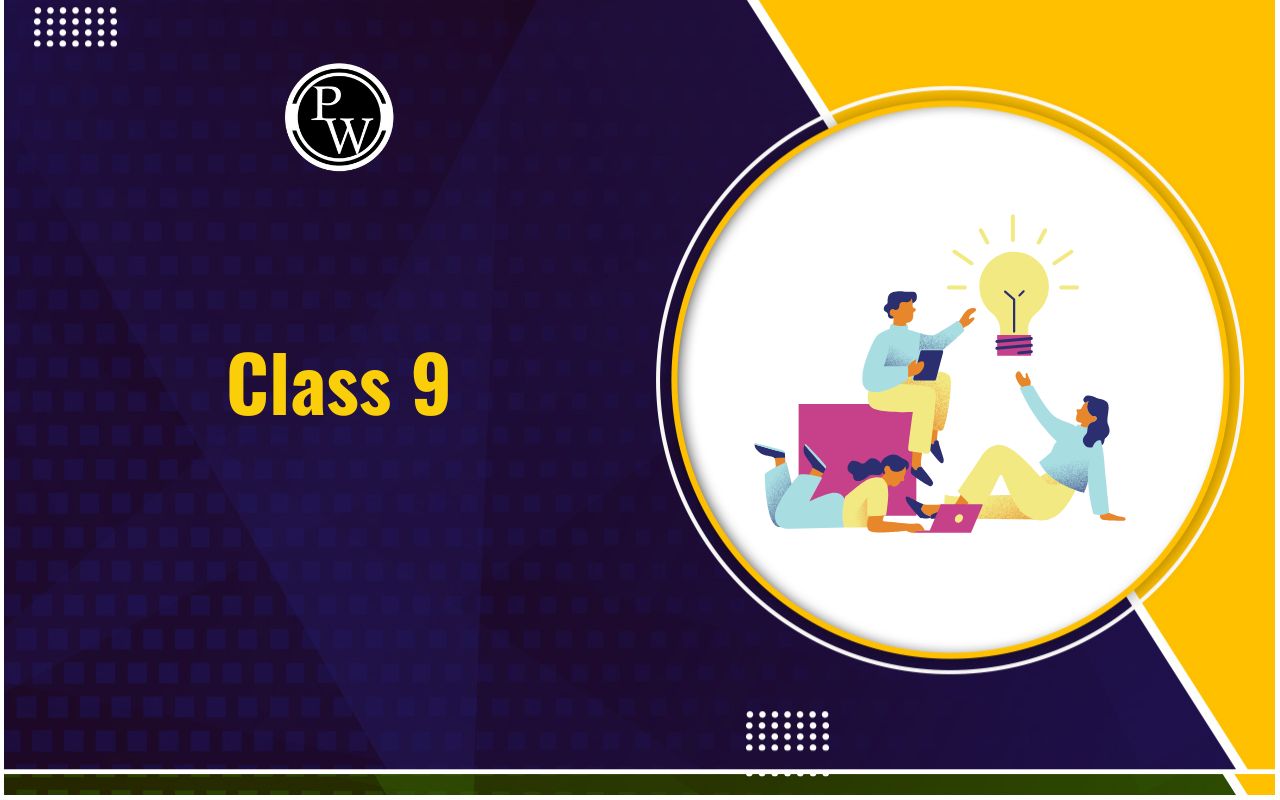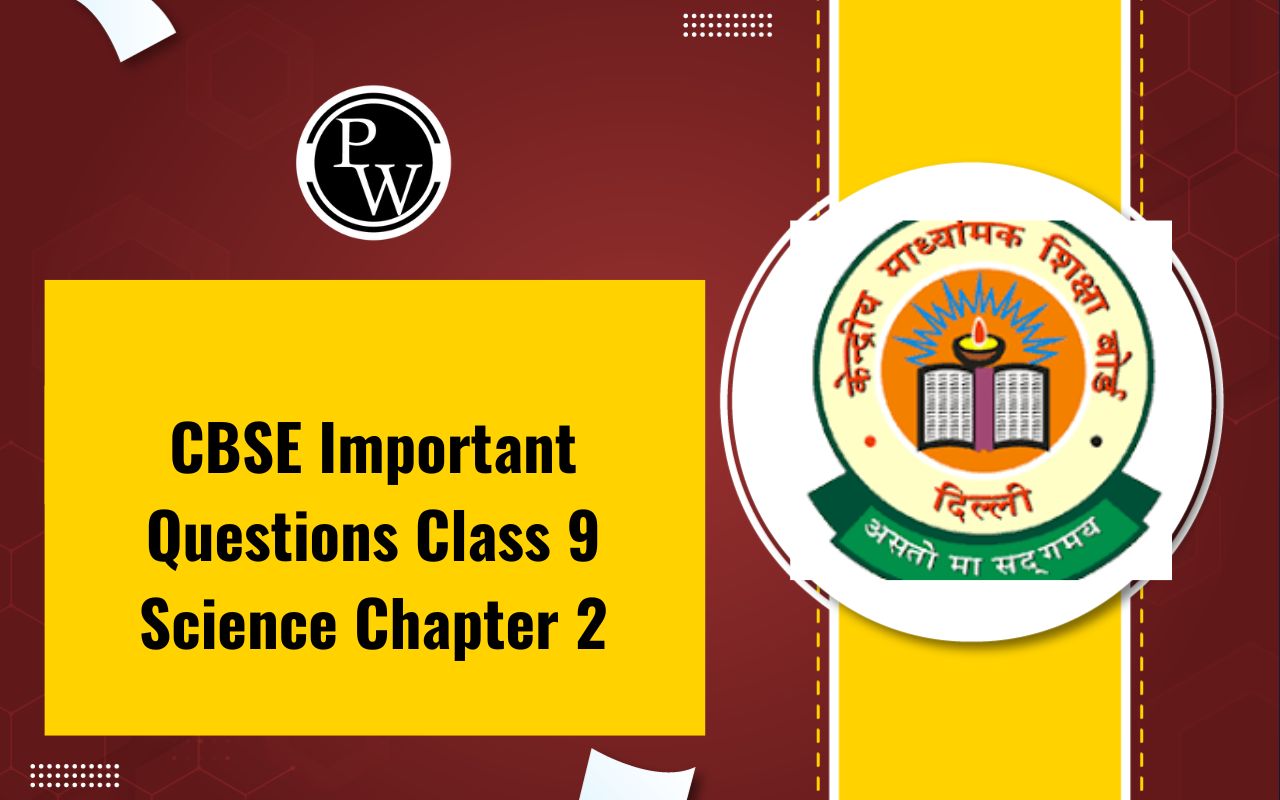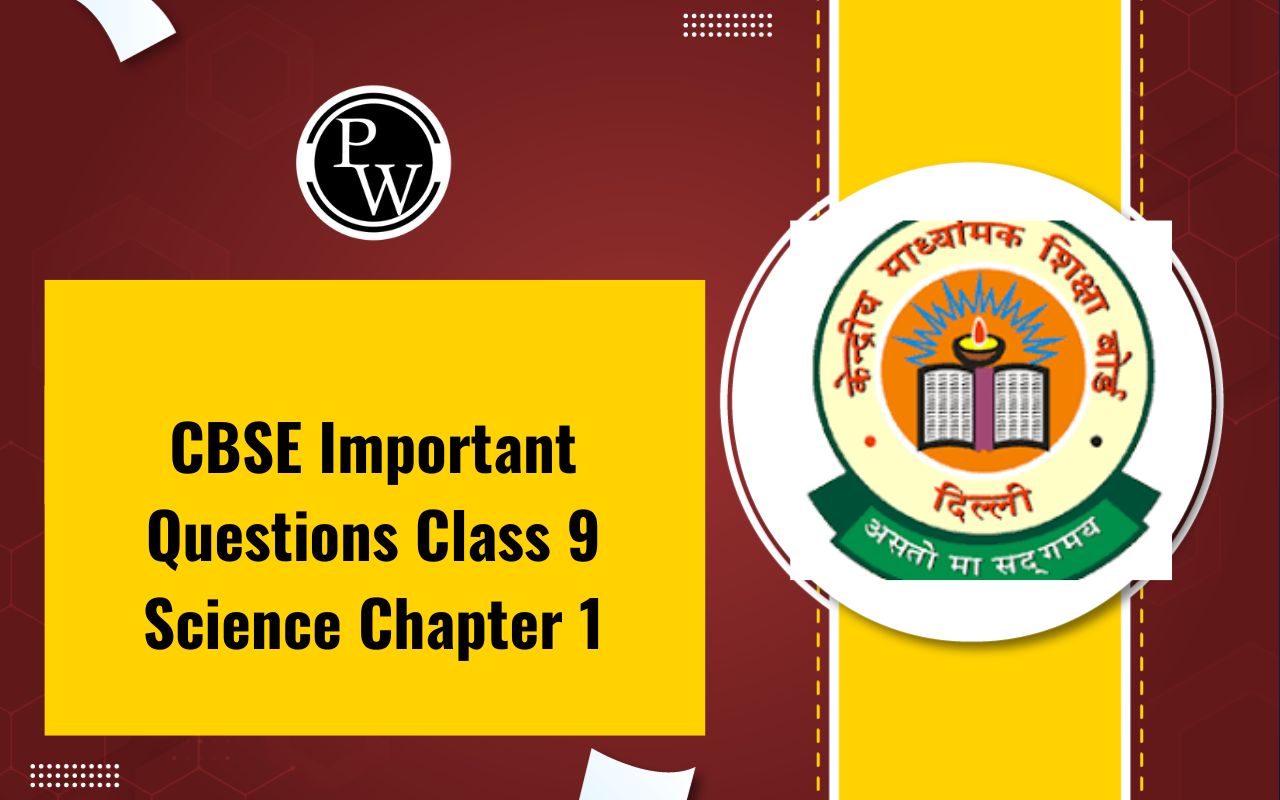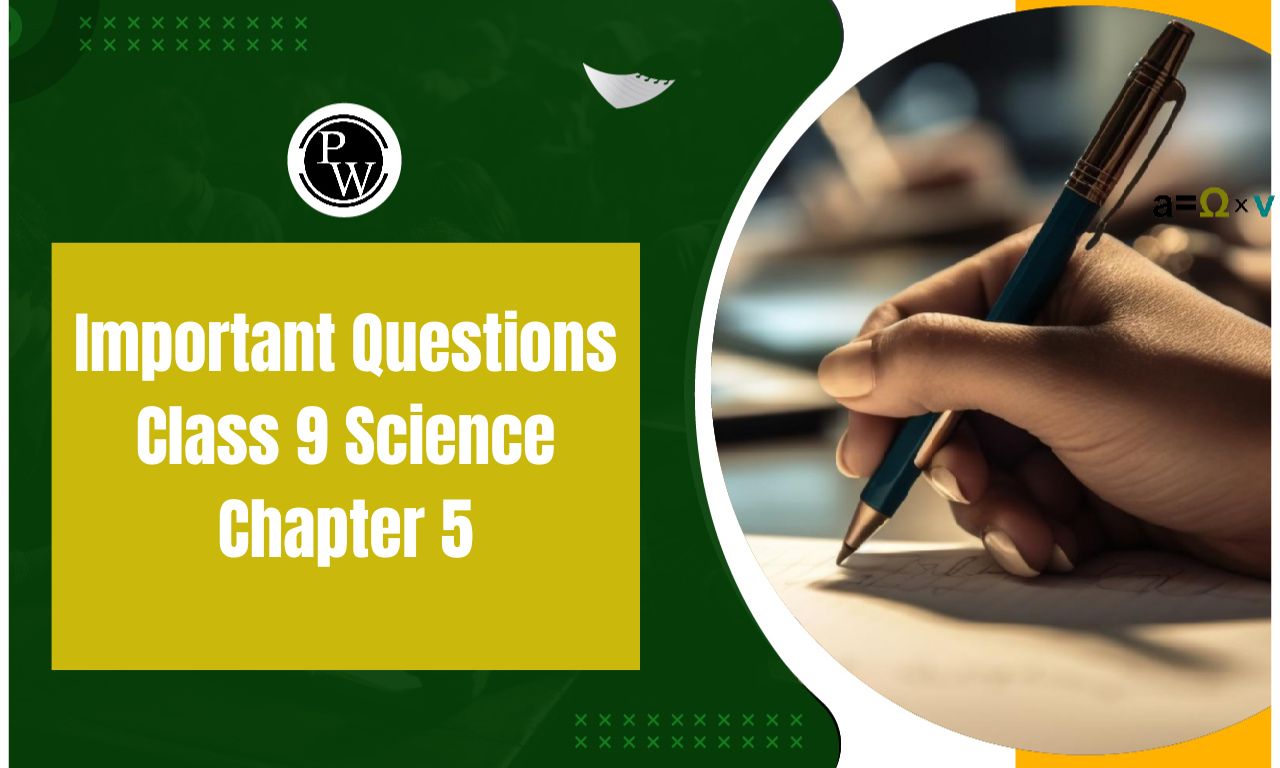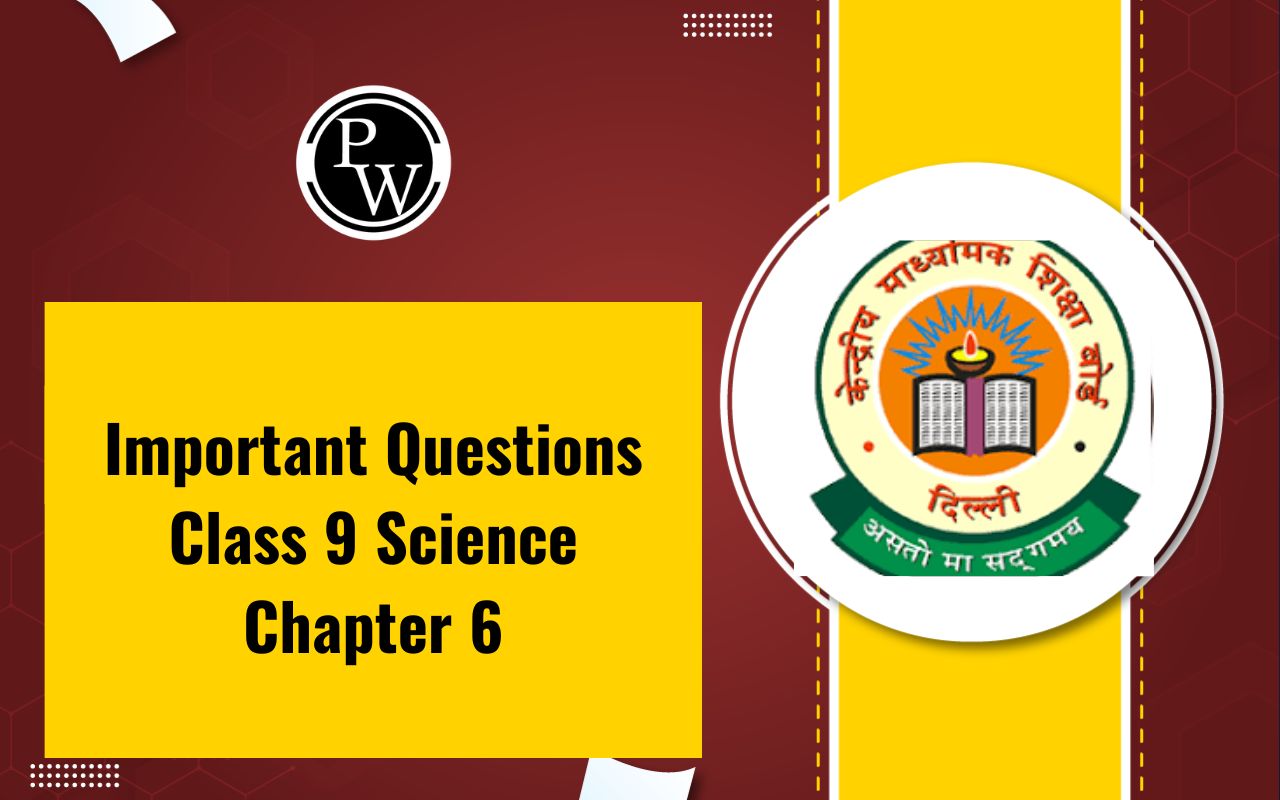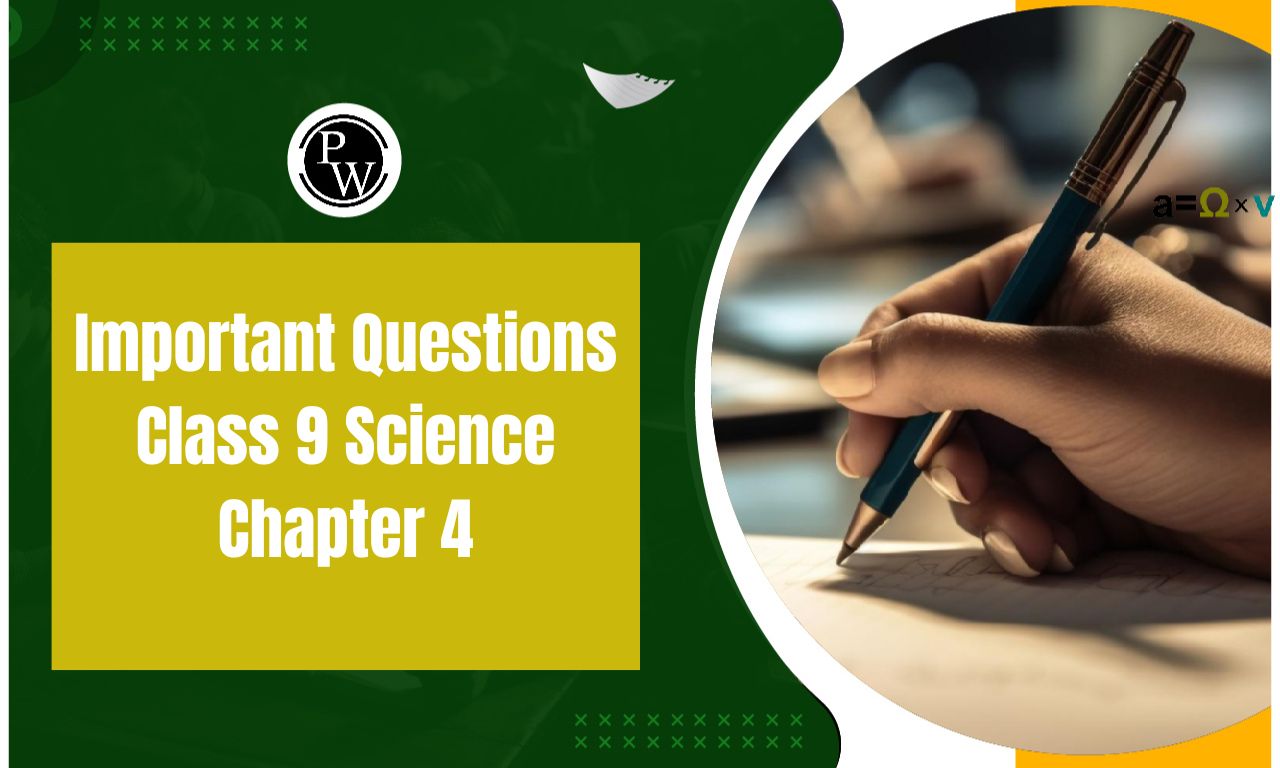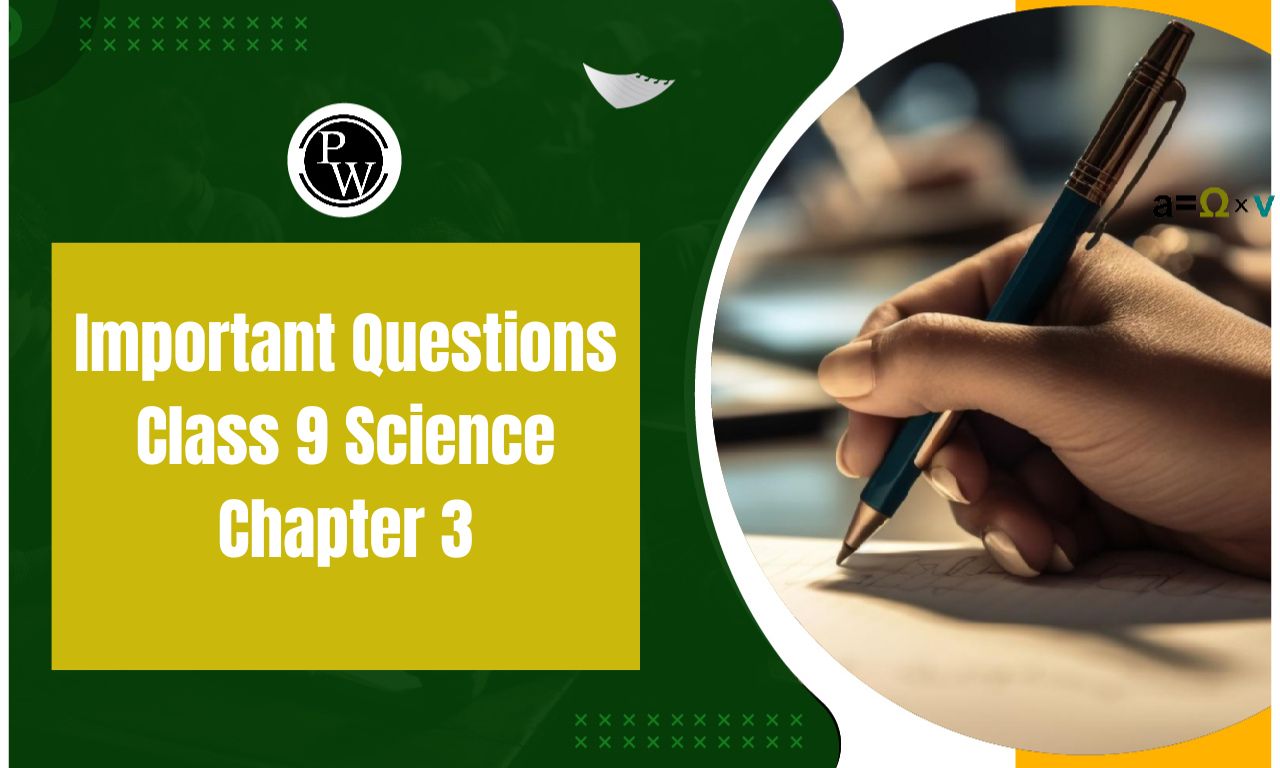
CBSE Class 8 English Honeydew Chapter 4 Notes: CBSE Class 8 English Honeydew Chapter 4, "Bepin Choudhury’s Lapse of Memory," is a significant part of the CBSE Class 8 syllabus. This chapter is included under the "Prose" section, focusing on improving reading comprehension, vocabulary, and the ability to analyze characters and themes.
In the CBSE syllabus, students are expected to understand the story, explore its themes of memory, perception, and revenge, and analyze the characters of Bepin, Parimal, and Chunilal.
The exam pattern includes questions that assess understanding through short and long-answer questions, character sketches, and theme-based discussions. It also includes questions on the moral of the story and the implications of human emotions. The chapter is essential in helping students enhance their literary skills while aligning with the CBSE's emphasis on analytical thinking and detailed comprehension in English exams.
CBSE Class 8 English Honeydew Chapter 4 Notes
Introduction: "Bepin Choudhury’s Lapse of Memory" is a humorous and intriguing story written by Satyajit Ray. It revolves around Bepin Choudhury, a man who experiences a strange case of memory loss, leading to confusion and a series of events that make him believe he is suffering from amnesia. The story is cleverly constructed with a twist at the end, highlighting themes like memory, perception, and revenge.
Summary: Bepin Choudhury is a well-organized, habitual man who frequently visits bookstores. One day, he is approached by a man named Parimal Ghose in a bookstore, who claims to be an old acquaintance from Bepin's supposed trip to Ranchi. Parimal recalls various details about the trip, including Bepin's past, but Bepin is unable to remember anything about it. Parimal suggests that Dinesh Mukerji, another person from the trip, could confirm the details. When Bepin checks with Dinesh, he is shocked to hear that the trip to Ranchi did indeed happen.
This causes Bepin great distress, as he believes he is losing his memory. As the story progresses, Bepin grows increasingly anxious and visits a doctor named Dr. Paresh Chanda, who is equally perplexed by Bepin's condition. The doctor advises Bepin to visit Ranchi to help trigger his memories.
Bepin follows the advice and visits Ranchi, but still, he finds no memory of the trip. After returning to Calcutta, he receives a letter from his old school friend, Chunilal, who reveals that the entire situation was a prank. Chunilal had made Bepin believe that he had lost his memory because of Bepin's refusal to help him find a job when he was in need. In the end, Bepin feels relieved but also guilty for not having helped Chunilal earlier.
Themes:
-
Memory and Perception: The central theme of the story is memory. Bepin's confusion about his own memory makes him question his perception of reality, leading him to believe that he might be suffering from amnesia.
-
Revenge and Trickery: Chunilal's trickery, out of a desire for revenge, plays a pivotal role in the story. He pranks Bepin to teach him a lesson for not helping him in his time of need.
-
Human Emotions: The story explores human emotions such as guilt, anxiety, and the impact of ignoring others' needs. Bepin's guilt at the end reflects the emotional consequences of his actions.
Character Sketch:
-
Bepin Choudhury: Bepin is a middle-aged, organized man who enjoys visiting bookstores. He is initially portrayed as someone who has his life under control but becomes anxious and confused when he starts doubting his own memory. His pride and inability to help others, like Chunilal, contribute to his eventual realization of his faults.
-
Parimal Ghose: Parimal is a man who tricks Bepin into believing he has forgotten an important part of his life. He is cunning and uses Bepin's anxiety to his advantage, carrying out the prank with precision.
-
Chunilal: Chunilal is Bepin’s old friend who is struggling financially. He approaches Bepin for help with a job, but Bepin ignores his plea. Hurt by Bepin’s indifference, Chunilal decides to take revenge by orchestrating the whole memory loss incident.
-
Dr. Paresh Chanda: Dr. Chanda is the doctor Bepin consults for his memory loss. He is puzzled by Bepin’s case and suggests that he revisit Ranchi to recover his lost memories.
Moral of the Story: The story teaches the importance of helping others in times of need. Bepin's failure to assist Chunilal leads to the latter’s act of revenge. The proverb "As you sow, so shall you reap" is a fitting reflection of the story’s message. The story emphasizes the complexity of human emotions and the impact of pride and indifference.
CBSE Class 8 English Honeydew Chapter 4 Conclusion
In conclusion, "Bepin Choudhury’s Lapse of Memory" is an engaging and humorous story that explores the themes of memory, perception, and human emotions. The narrative cleverly revolves around Bepin Choudhury’s confusion regarding his supposed memory loss, which leads him to a series of events where he is tricked into believing he is suffering from amnesia. The twist in the story, where it is revealed that the entire incident was a prank orchestrated by his old friend Chunilal, brings a sense of relief to the readers and to Bepin himself.
The story highlights the consequences of neglecting the needs of others, as Bepin’s failure to help Chunilal when he was in need leads to the latter’s act of revenge. The story, while entertaining, also carries an important moral: kindness and helping others in times of need can prevent misunderstandings and regret. Bepin’s journey from confusion to realization is a reminder of the importance of empathy and understanding in human relationships.
Overall, the story is a perfect blend of humor and a meaningful lesson, making it both enjoyable and thought-provoking for readers.
CBSE Class 8 English Honeydew Chapter 4 Notes PDF
Below, we have provided the CBSE Class 8 English Honeydew Chapter 4 Bepin Choudhury’s Lapse of Memory Summary PDF to assist students with quick revision and a better understanding of the chapter.
This summary covers all key events from the lesson, including Bepin Choudhury’s confusion regarding his memory loss, his interactions with various characters, and the clever trick played by his friend, Chunilal. The PDF is created according to the CBSE syllabus and exam pattern, making it a helpful resource for exam preparation and classroom learning.
Do you need help with your homework or preparing for exams?
Study without using the internet
CBSE Class 8 English Honeydew Chapter 4 Notes FAQs
Who is the main character in Bepin Choudhury Lapse of Memory"?
What is the moral of the story?
Why did Chunilal prank Bepin Choudhury?

